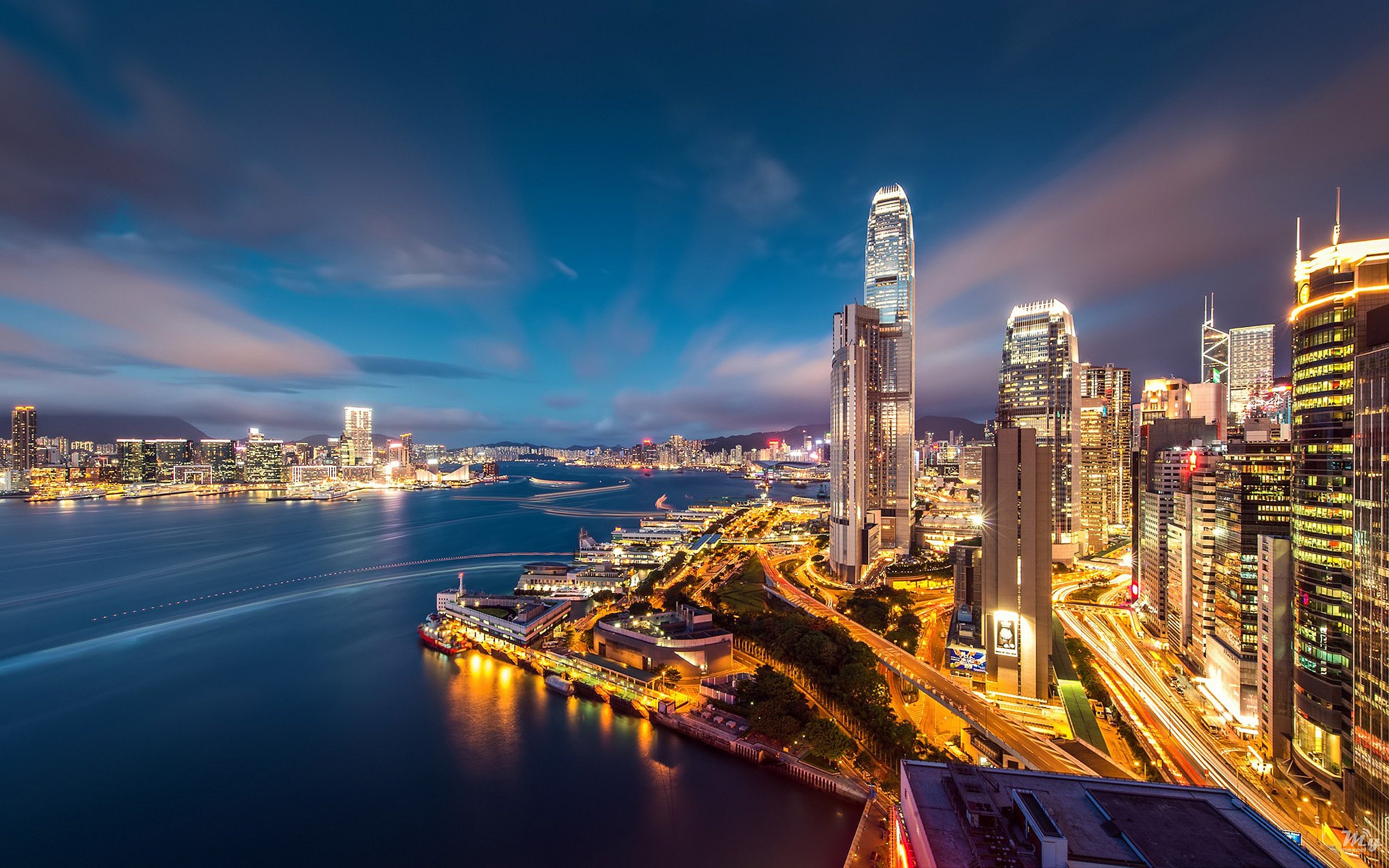As a government advisory body said, Hong Kong’s bourse operator has increased its cooperation with two United Arab Emirates (UAE) exchanges to open the path for its businesses to list here, so matching the financial infrastructure of the city with the demands of the Middle East.
Adding the Abu Dhabi Securities Exchange (ADX) and the Dubai Financial Market (DFM), Hong Kong Exchanges and Clearing (HKEX) said in a statement on Friday enables companies listed on them to apply for a secondary listing in Hong Kong.
Said HKEX head of listing Katherine Ng, the additions follow HKEX’s last year accession of the Saudi Exchange (Tadawul) as a recognised bourse, therefore enabling more Middle Eastern businesses to contemplate listing in Hong Kong.
“This expansion shows HKEX’s ongoing efforts to assist businesses in one of the fastest growing areas worldwide to access Hong Kong’s markets, home of a diverse Asian and global investor base,” Ng added in the release.
November saw Hong Kong become the first bourse listing a Saudi Arabian exchange-traded fund (ETF) tracking 56 Middle East stocks. The CEO of HKEX, Bonnie Chan Yiting, said in May this year the first Middle Eastern listing is just “a matter of time.”
Separately, the government think tank Financial Services Development Council (FSDC), which advocates the city as a worldwide financial center, said it will research Middle East markets and Islamic finance to support Hong Kong’s new reputation as a “super connecter.”
Daniel Fung, vice-chairman of FSDC, said at a media briefing on Friday that studying Islamic finance—that is, investment strategies compliant with Islamic moral standards—will help the city draw more expertise in the field and fund flow.
Since 2013, FSDC has recommended more than 230 policies to the government; of them 166 have been embraced.
Over the past two years, Hong Kong Chief Executive John Lee Ka-chiu and officials have repeatedly visited nations in Southeast Asia and Middle East to foster ties with Hong Kong.
According to Azman Mokhtar, head of the leadership council of the Malaysia International Islamic Finance Centre, Islamic finance has made tremendous development to become a US$4.5 trillion business globally and is expected to rise by 11% yearly through 2030.
Last year FSDC struck an agreement with Saudi Arabia’s Financial Sector Development Program.
“We can expect more money from Saudi Arabia to allocate in Hong Kong,” Andrew Wier, another vice-chairman of the FSDC, said, also regional senior partner at KPMG in Hong Kong. “We have to create room for cooperations over the next few years.”
Apart from that agreement, senior counsel Laurence Li Lu-jen of FSDC stated there would be several cooperation projects to preserve the ties between Hong Kong and Saudi Arabia, so strengthening Hong Kong’s role as a connector.
“Hong Kong will become from a bridge to a supper connecter of all sides between the dual circulation and international circulation,” Li added.
Li said the FSDC will be looking at strategies to revive the dropped-off new listings from Hong Kong This would involve using knowledge gained from London and New York to customize the listing guidelines so as to lure in more businesses from the biotech and information technology industries.
Data from the London Stock Exchange Group (LSEG) shows the city, the biggest IPO market in the world seven times between 2009 and 2019, dropped many rungs to 13th place in a worldwide rating of IPO markets.
Li said, however, the tide has changed with the offering in June of artificial intelligence medicine developer QuantumPharm, the first company listed under Chapter 18C, a government instituted more than a year ago to float their shares even if they are yet to earn any profit.









